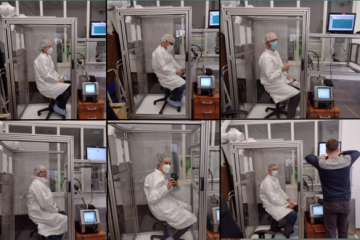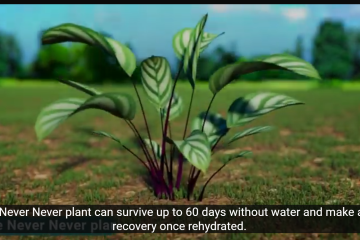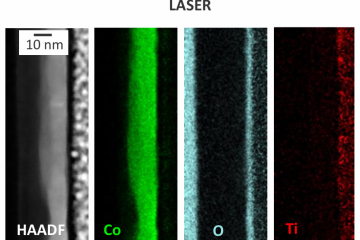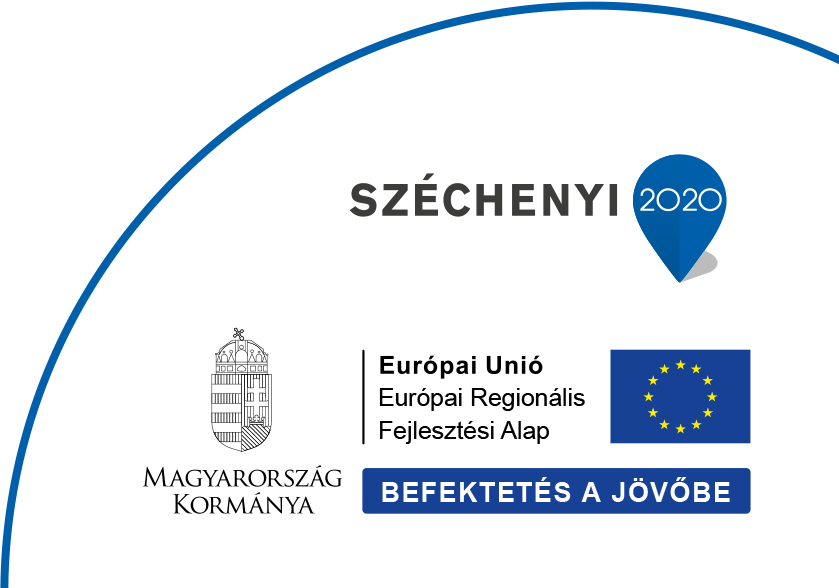
With the growing demand for hydrogen as a clean energy source, the research into efficient and sustainable production methods is becoming increasingly important. The PacemCAT consortium plays a key role in this crucial work, holding its kick-off meeting in Budapest in recent days.
Within the framework of the HORIZON MSCA Staff Exchanges EU program, more than 40 experts will travel for a total of 261 months between institutions representing seven countries. The consortium’s leading researchers, as well as young researchers representing the next generation, were present at the meeting.

The aim of this interdisciplinary and intersectoral collaboration, consisting of six academic institutions and two industrial partners, is to find new, more efficient solutions for hydrogen production through photo- and electrochemical water splitting. The researchers are working on the development of innovative materials that can significantly increase the efficiency of hydrogen production.
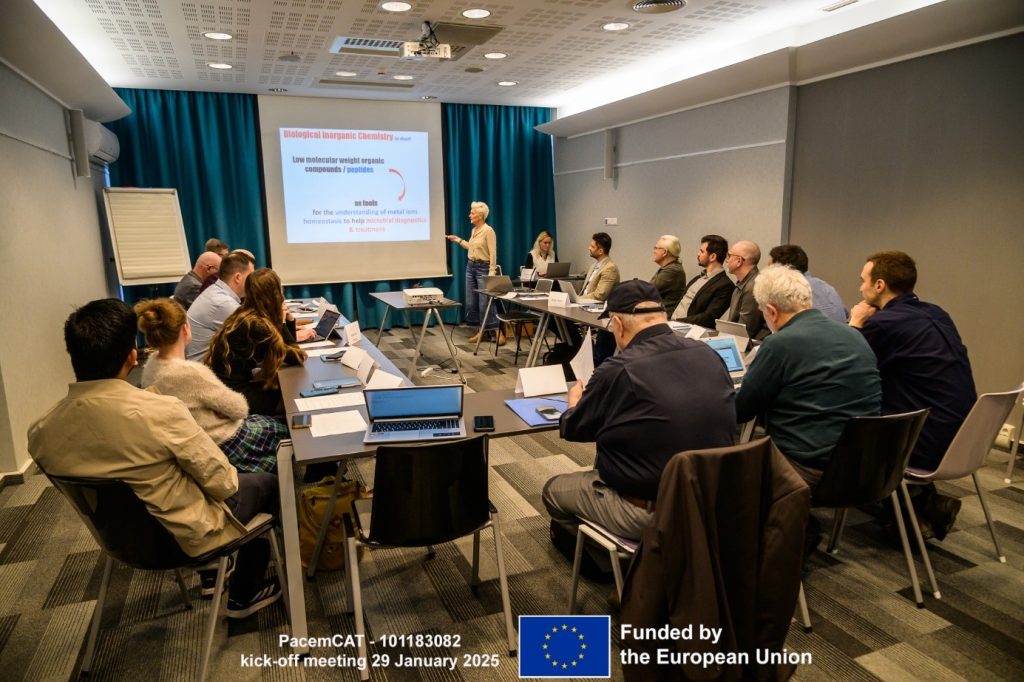
At the kick-off meeting, the participants introduced themselves with professional presentations and formed the bodies of the consortium, thus starting the design of new photo- and electrocatalytic systems.
The work of the PacemCAT consortium is funded by the European Union’s Horizon Europe research and innovation programme, HORIZON-MSCA-2023-SE-01, with a total value of 1.2 million euros. The project, led by HUN-REN EK, is expected to yield significant results in the field of hydrogen production, contributing to the spread of clean energy sources and a sustainable future.
